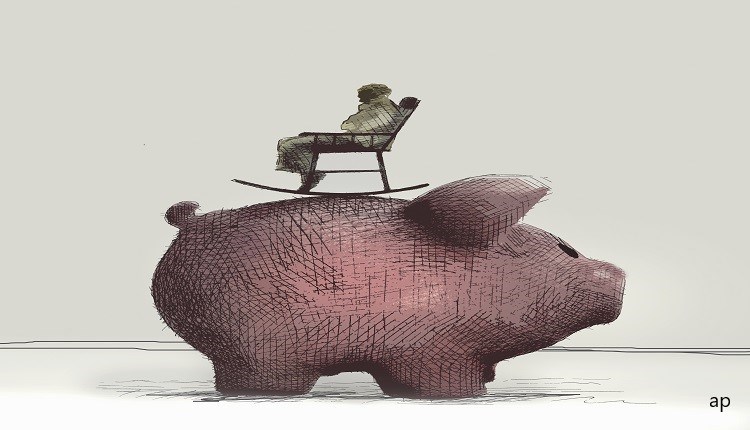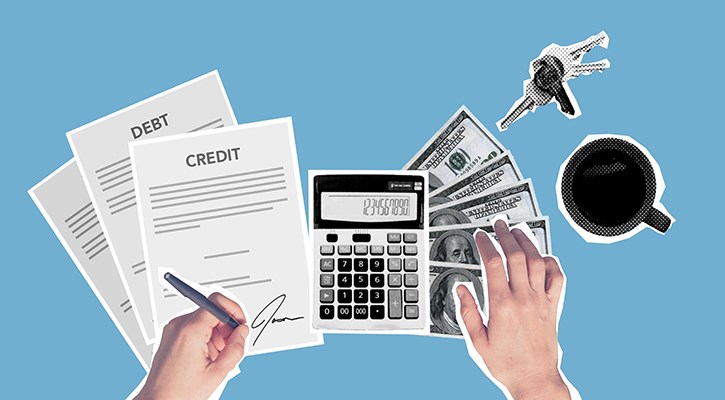
Some people embrace debt with open arms and others avoid it as much as possible. Whatever you camp you fall into, most agree that too much debt is bad for your wealth and can ruin relationships, friendships and your credit score. So if you’re in a position to help someone reduce their burden, why not help them out of the trap?
We look at the pros and cons of doing this, and what to consider once you’ve offered to pay off someone’s debt – and what might happen next.
Reasons to Help Out
1) Let’s call this the emergency scenario – someone you know, your spouse, friend or family member, is in a dire financial situation that needs sorting. Say this person is about to have their home repossessed and they need a short-term injection of cash before they get back on their feet.
2) Thinking further ahead, if your spouse has high outstanding credit card bills, paying some or all of them off could boost your chances of getting a mortgage or borrowing in the future. If you’re squeaky clean and your husband or wife has $100,000 of debt, a lender for joint products like mortgages is likely to take your whole financial situation into account.
3) Some people with poor credit scores or lower levels of financial literacy (think children or grandchildren) may have taken out loans with high-interest rates, perhaps even with unscrupulous lenders. An injection of cash may ease that stress, keep debt collectors from their doors and break the cycle. Everyone makes financial mistakes and lessons can be learned in the process.
Reasons to Say No, Sorry
1) As the coronavirus pandemic proved, it’s hard to see very far into the future. You may be in a strong financial position now, so can help someone out, but in a few years, you may need that money.
2) This reason could be called “the last bailout fallacy”. A short injection of cash could genuinely help someone out – but this could prevent someone from tackling their financial problems head-on. And they could equally come back for more in a few months. Problem debt can be as destructive as problem gambling or alcohol, so you could be (unwittingly) making this worse. What if a debt counsellor would be a better option than a handout?
3) Before lending the money, you need to stop and ask yourself: what if the borrower doesn’t pay it back and what will happen to our relationship if they don’t? Many lifetime friendships have been destroyed by loans that somehow never get paid back (see point 2). What if you give your wife or husband money and you later get divorced?
Some Ground Rules
So you’ve decided to help out and pay off someone’s debt. What next?
1) As the last point touches on, it’s important to establish the rules of engagement. This may feel awkward with your boyfriend, daughter or best friend, but it may save some heartache down the line. A contract may feel too formal, but it might concentrate the mind of the borrower and give you some legal comeback in the future if things turn sour. Are you expecting the money back with interest? And over what time period?
2) If you are particularly generous, you could treat the cash as a “gift” and not a loan. In some countries, there are tax advantages in doing so but could have inheritance tax implications too (ask your financial adviser about the rules). Emotionally, once you have assumed you will never see the money again, you are unlikely to miss it. And the person receiving it may return the favour one day too!
3) Depending on your relationship with the borrower, you could link the money to some desired outcome on your part. A teenage child who’s borrowed too much to go on holiday with their friends could agree to a tougher study/work plan after this, for example.
Again, this depends on your family dynamic, but having an open conversation about money, how it works and good versus bad debt may actually be beneficial for everyone. Done in the right way, paying off someone’s debt can be liberating for the borrower and feel virtuous in the same time. Just make sure you are clear about what you expect before you take the plunge. And if you are on the receiving end of this money, my colleague Christine Benz has some tips about which order to tackle your debts.




















